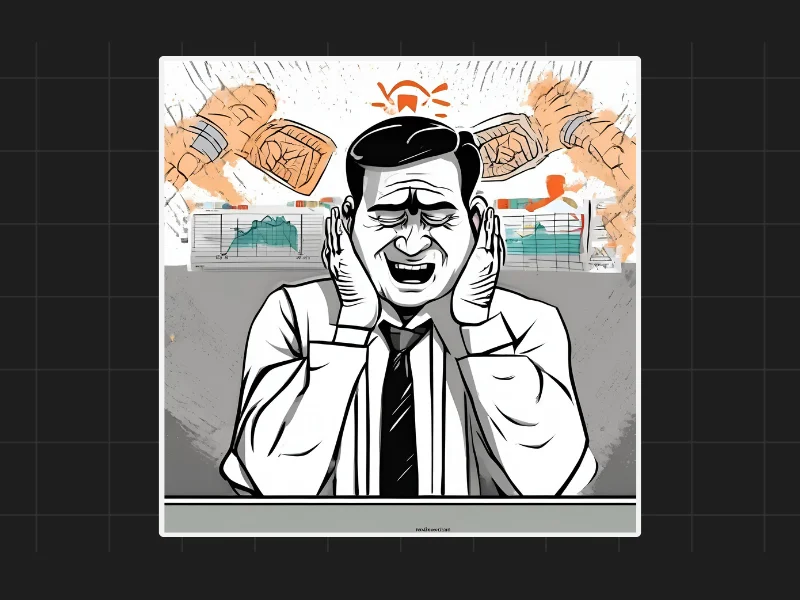Central Banks Are Stocking Up on Gold
Recent research has revealed that central banks around the world are buying gold at an unprecedented pace. Looking at data from the past 50 years, this trend is particularly striking. In the years from 1970 to 1990, central banks were selling more gold than they were buying. This continued for another decade, from around 1987 to 2008, when many countries like Canada and the UK sold off nearly all their gold reserves. This massive selling spree kept gold prices low for a long time.

Gold Prices: A Roller Coaster Ride
Gold prices have experienced significant ups and downs over the years. From 1971 to 1982, the price of gold skyrocketed from $35 to $800, only to crash back down to $225. It took years for gold to recover, eventually reaching $1,900 before dropping again to $1,100. But from 2008 onward, something changed. Gold prices began to rise steadily, especially after the COVID-19 pandemic. Today, gold is sitting at around $2,500, a clear sign that the market dynamics have shifted.
The Shift in Central Bank Strategy
The key change in the gold market started around 2008-2009. Since then, central banks have been buying up gold in large quantities, with purchases reaching nearly 1,000 tons per year. This is a significant portion of the global gold production, which is around 3,000 tons annually. When you add in recycled gold from private sellers, the total supply in the market is around 4,000 tons. However, the massive demand from central banks is putting pressure on this supply, driving up prices.
Impact of Increased Demand
The sudden surge in demand for gold by central banks is having a noticeable impact on prices. When a market that usually sees a steady supply of 4,000 tons per year faces an additional demand of 500 to 700 tons, prices are bound to rise. This is a basic rule of economics: when demand outstrips supply, prices go up. In any market, whether it’s gold or anything else, increased demand leads to higher prices, especially when the supply is limited.
Why Central Banks Are Betting on Gold
Central banks are buying gold for a reason. They understand that the global economy is facing significant challenges. Inflation is one of the biggest concerns, and it may have to run high to bring down the debt-to-GDP ratio. The economic landscape is changing, and central banks are preparing for it by stocking up on gold. There was a time when some thought digital currencies like Bitcoin might replace gold in central bank reserves, but that idea seems to have faded.
The Case for Investing in Gold
If you don’t already own gold, now might be the time to start. Central banks are making big moves, and it’s a good idea to follow their lead. If you already have gold, consider increasing your allocation. While many financial experts suggest keeping 5-10% of your portfolio in gold, it might be wise to aim higher. A simple rule of thumb is to allocate a percentage of your net worth to gold equal to your age divided by two. This might seem like a lot, but it could be the safety net you need in uncertain times.
Disclaimers and disclosures : https://tinyurl.com/2763eyaz
If you have any questions, please write to support@weekendinvesting.com













